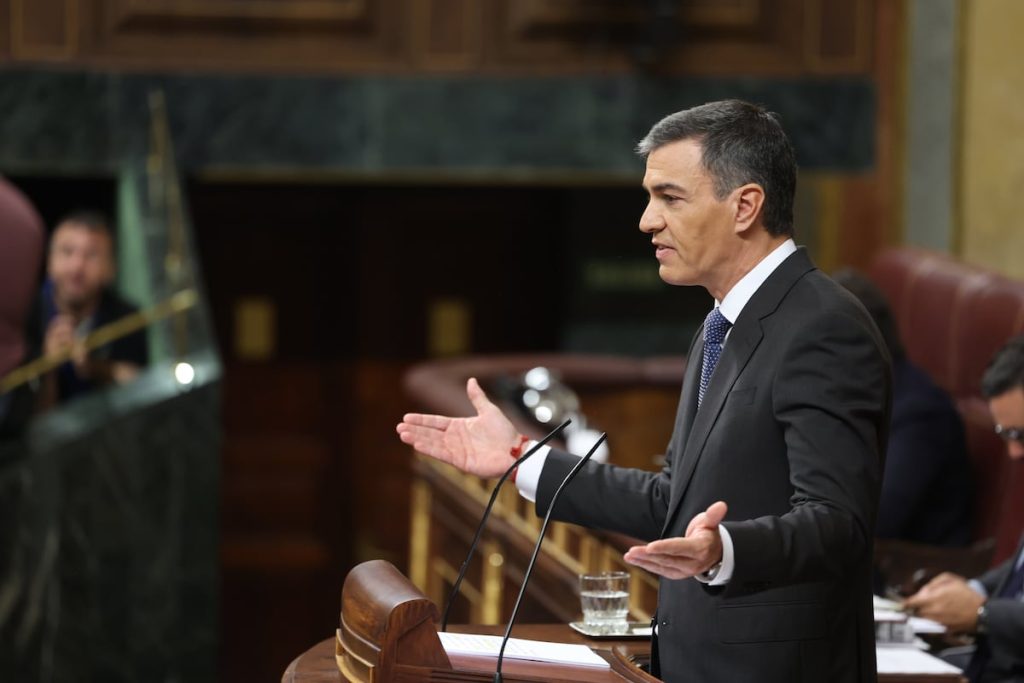The High Court of Justice of Madrid (TSJM) unanimously rejected a complaint filed by the President of the Government, Pedro Sánchez, against Judge Juan Carlos Peinado. The judges did not admit the complaint, which accused the investigating judge of prevarication for requiring Sánchez to testify in person in the case against his wife, Begoña Gómez, who is implicated in influence trafficking and corruption in business. This decision, along with the Audiencia de Madrid’s choice to keep the investigation against Peinado alive, undermines La Moncloa’s offensive. The provincial court did not dismiss the case against Gómez as requested by her defense, and the TSJ did not accept the President’s complaint against the judge.
Despite these setbacks, the socialists still face a lengthy legal battle, as well as a political challenge from the PP in the Madrid Assembly. The regional Popular Party, led by President Isabel Díaz Ayuso, has voted to summon Begoña Gómez to testify in a commission of inquiry to determine if she received preferential treatment due to her connection to the Complutense University of Madrid (UCM), where she led two master’s programs and a chair. Since the start of the investigation in April 16, the opposition has launched attacks against the government, which maintains that the case against Gómez is unfounded. The government has even criticized the investigating judge, and last week, Minister Spokesperson Pilar Alegría distorted the ruling of the Audiencia de Madrid by claiming that the court mentioned a “prospective investigation,” which was not the case.
The current legal and political situation leaves the socialists with challenges ahead, as they await the outcome of another complaint filed by the President’s wife against Judge Peinado for prevarication and disclosure of secrets. The ongoing investigations and the political fallout have put pressure on the government, forcing them to defend their position while facing criticism from the opposition. The case has become a focal point in the political landscape of Madrid, with both sides trying to gain ground in the ongoing dispute. The legal battles and political maneuvering have created a complex environment where the truth is often obscured by competing narratives and allegations.
As the legal proceedings continue and the political tensions escalate, the outcome of the investigations against Begoña Gómez and the actions of the government and opposition parties remain uncertain. The scrutiny on the President’s wife and her alleged involvement in influence trafficking and corruption has put a spotlight on the inner workings of the government and its relationship with the judiciary. The decisions of the courts and the actions of the political actors involved will determine the future trajectory of the case and its implications for the government and the opposition. In this volatile environment, the consequences of the legal battles and political maneuvering are yet to be fully realized, as both sides navigate the complexities of the situation to assert their positions and agendas.















